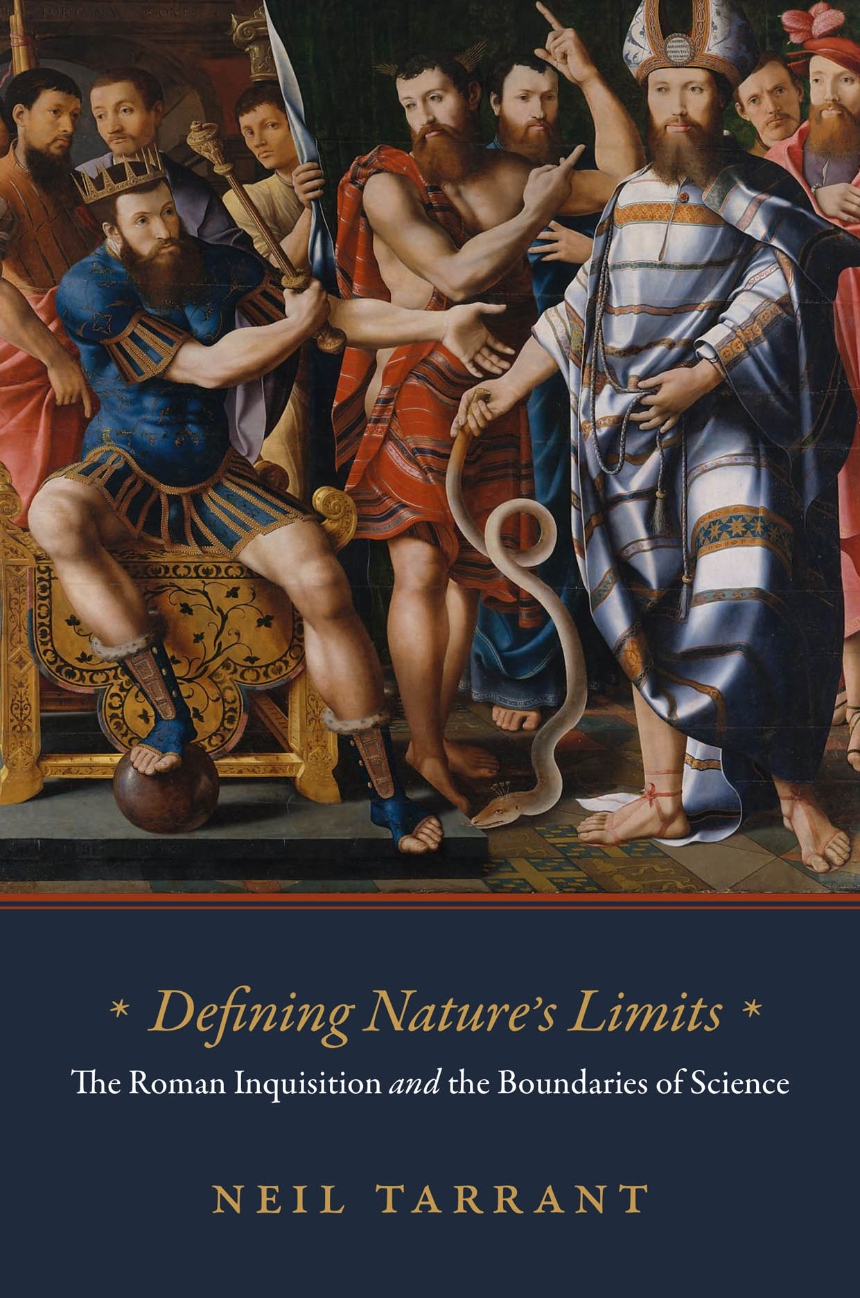
Author: Neil Tarrant (University of York)
Publisher: Chicago University Press, 2022
Unlike earlier studies, Defining Nature’s Limits engages the history of both learned and popular magic. Tarrant explains how the church developed a program that sought to codify what was proper belief through confession, inquisition, and punishment and prosecuted what they considered superstition or heresy that stretched beyond the boundaries of religion. These efforts were continued by the Roman Inquisition, established in 1542. Although it was designed primarily to combat Protestantism, from the outset the new institution investigated both practitioners of “illicit” magic and inquiries into natural philosophy, delegitimizing certain practices and thus shaping the development of early modern science. Describing the dynamics of censorship that continued well into the post-Reformation era, Defining Nature’s Limits is revisionist history that will interest scholars of the history science, the history of magic, and the history of the church alike.
Contents
Introduction: Magic, Science, and the Counter-Reformation
1. The Origins of the Inquisition of Magic
2. The Dominican Order and the Construction of Orthodox Magic
3. The Inquisition of Learned Magic in the Fourteenth Century
4. The Crisis of Papal Authority and Observant Reform, 1378–1500
5. The Pursuit of Superstition in an Age of Reform, 1500–1517
6. The Reformation: Trent and the Establishment of the Roman Inquisition, 1517–49
7. Between Trent and the Roman Inquisition, 1549–64
Conclusion: The Ambiguities of Censorship in Post-Tridentine Italy
Acknowledgments
Notes
Bibliography
Index
Source: https://press.uchicago.edu/ucp/books/book/chicago/D/bo153693514.html